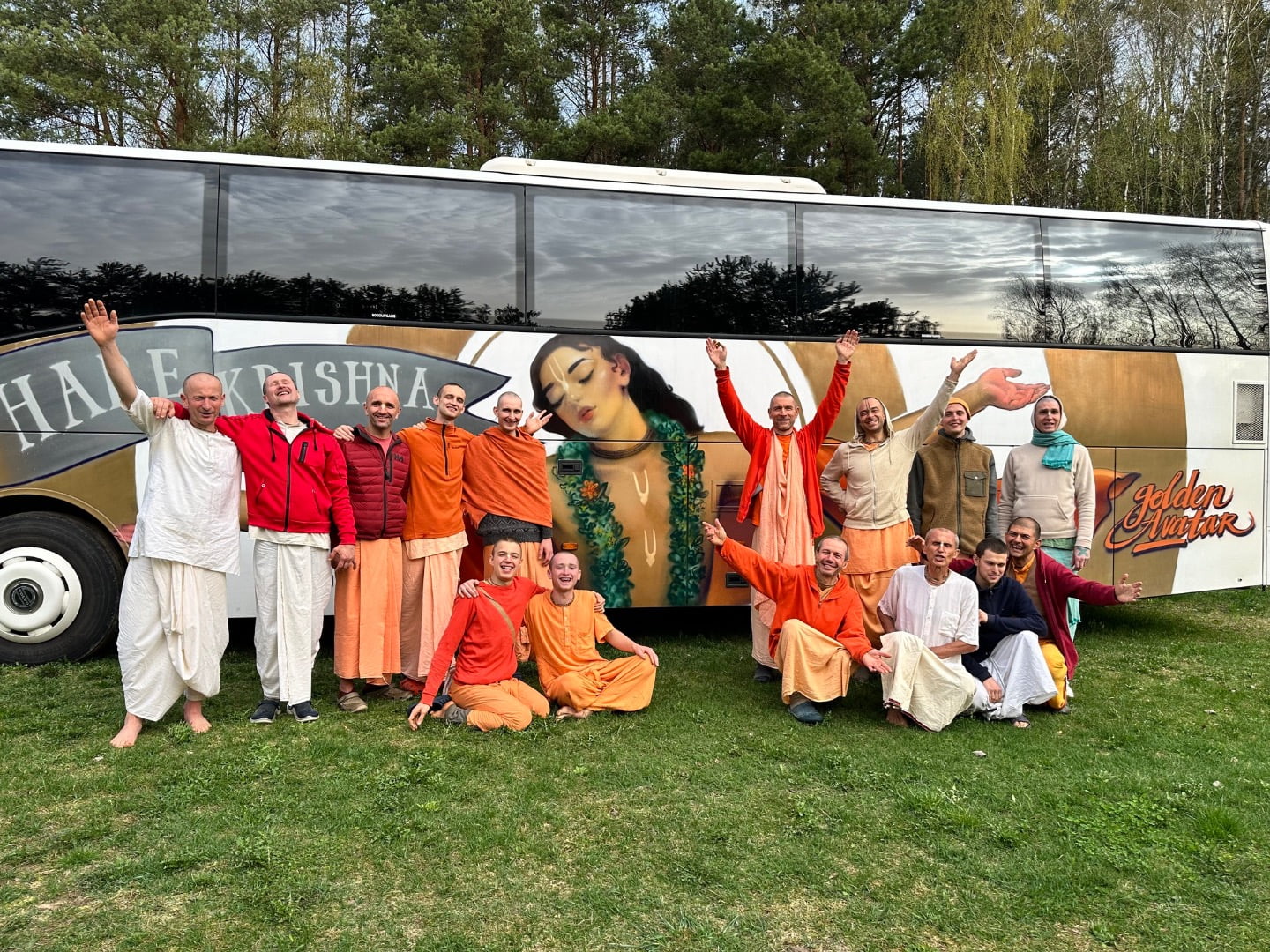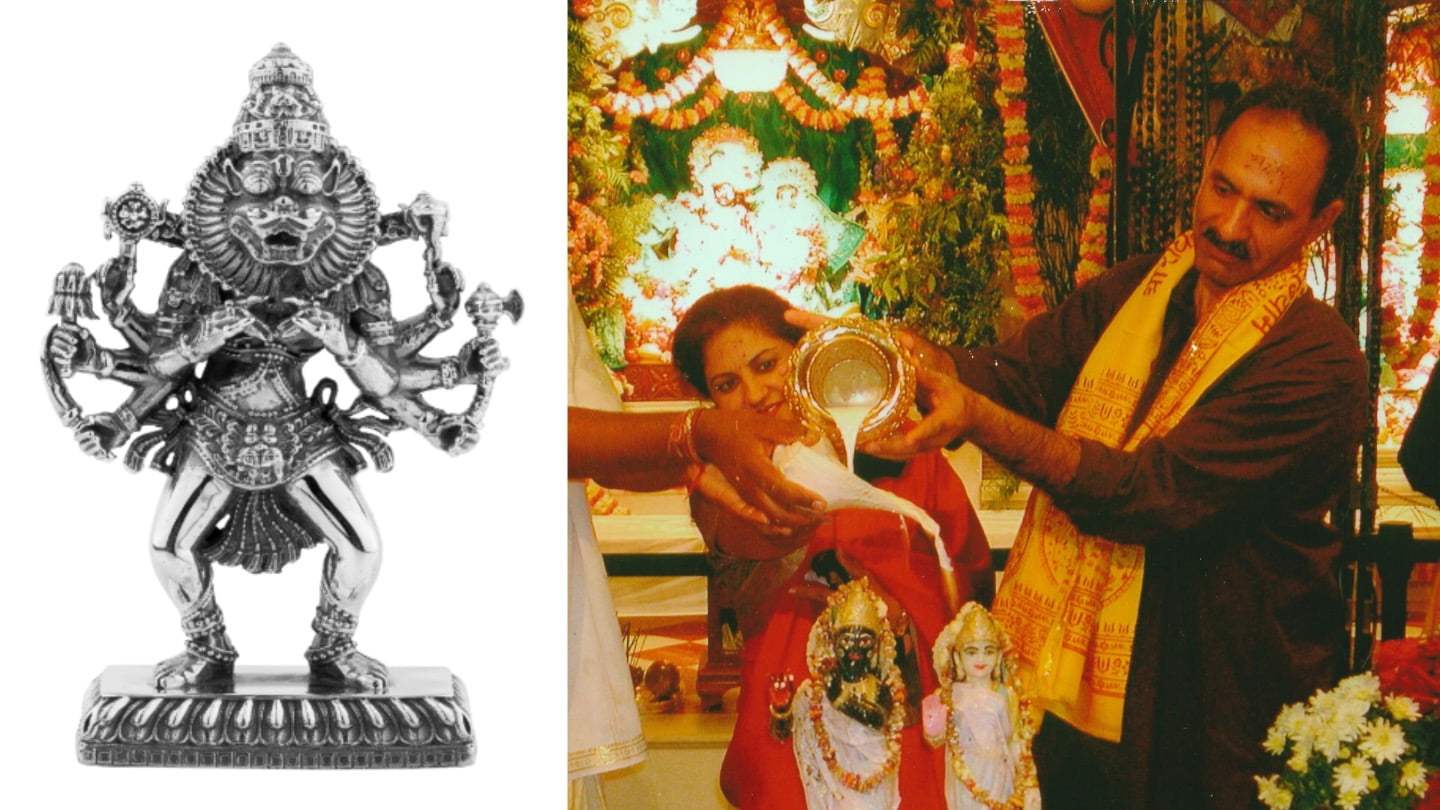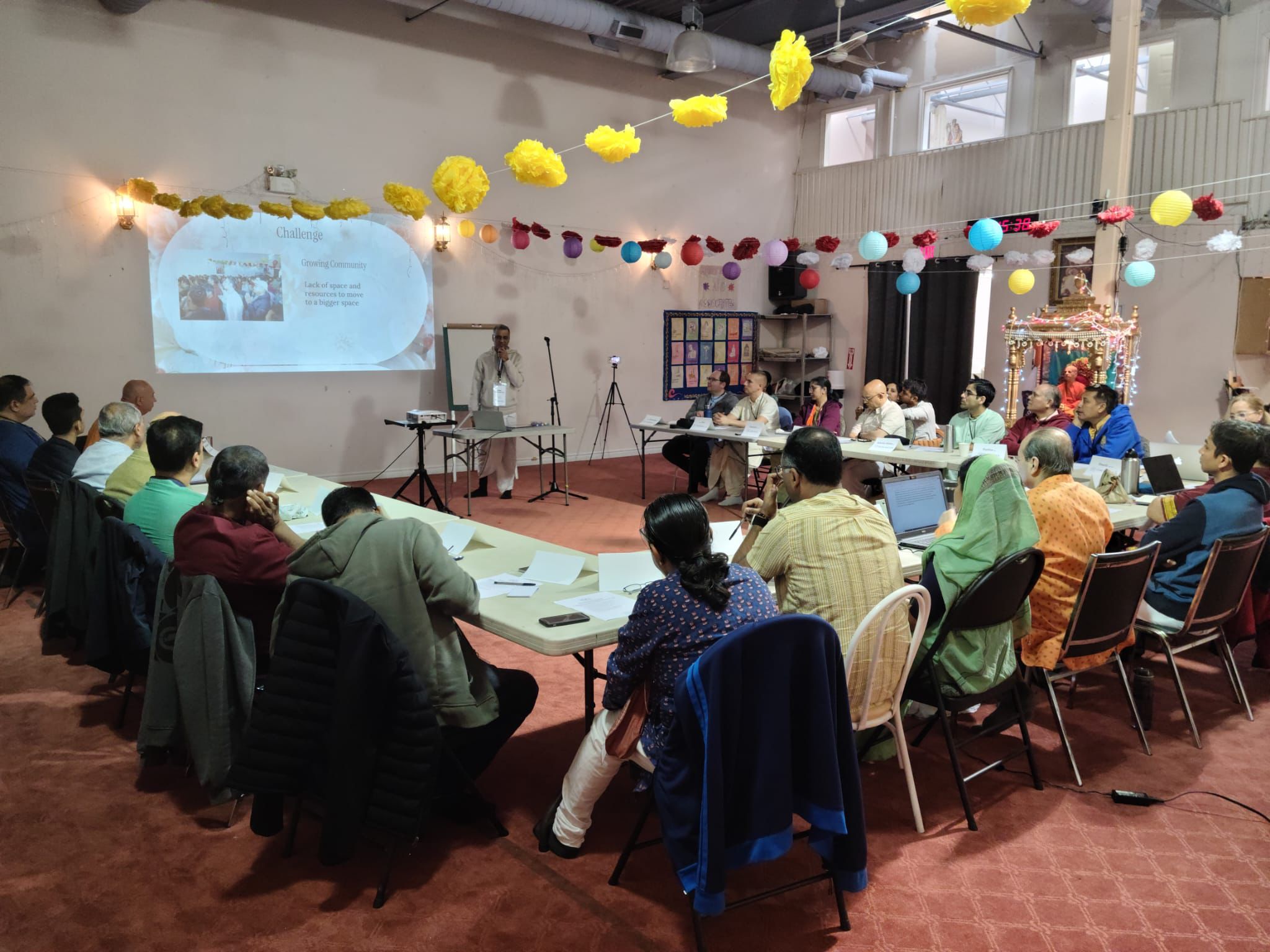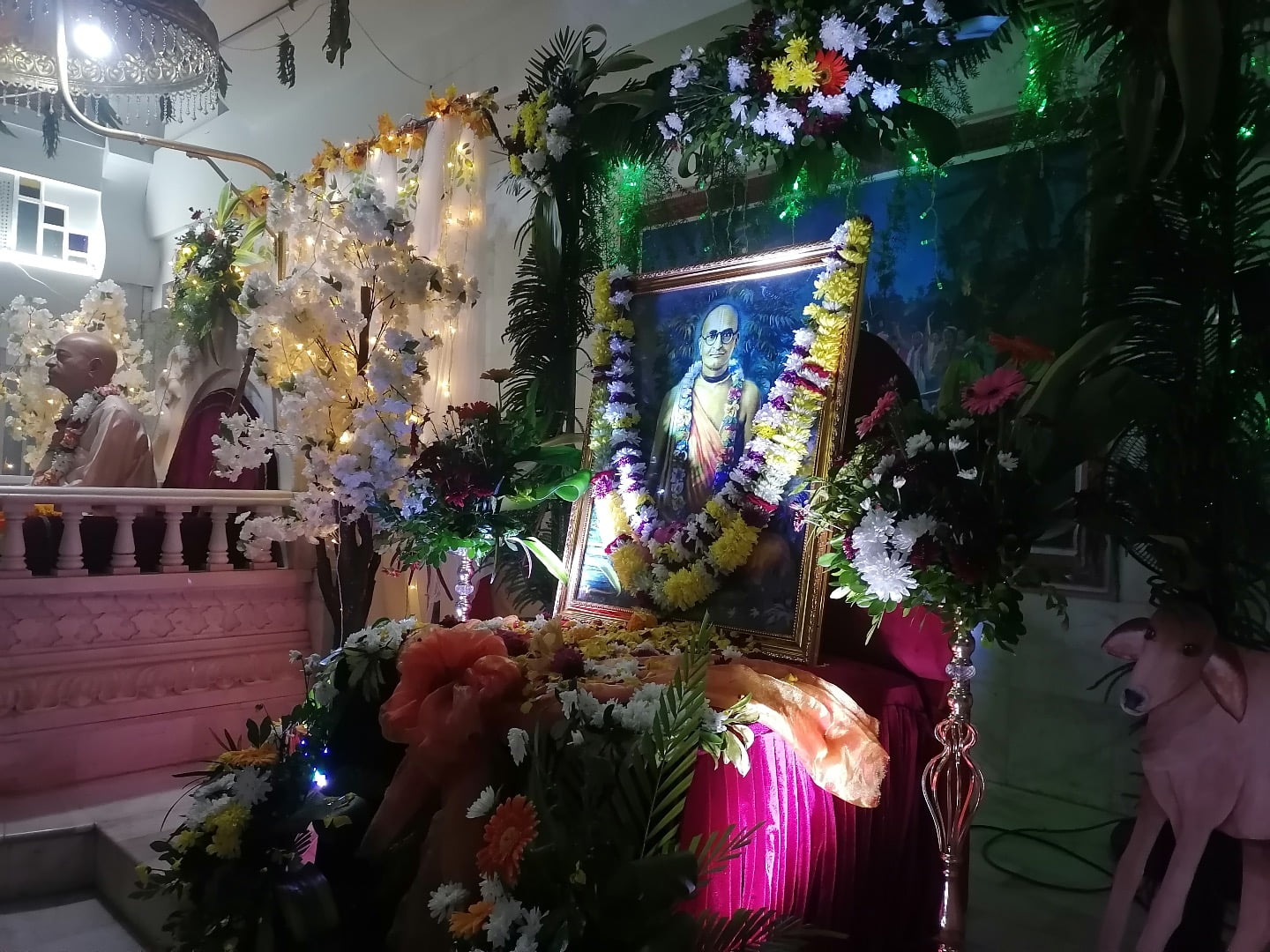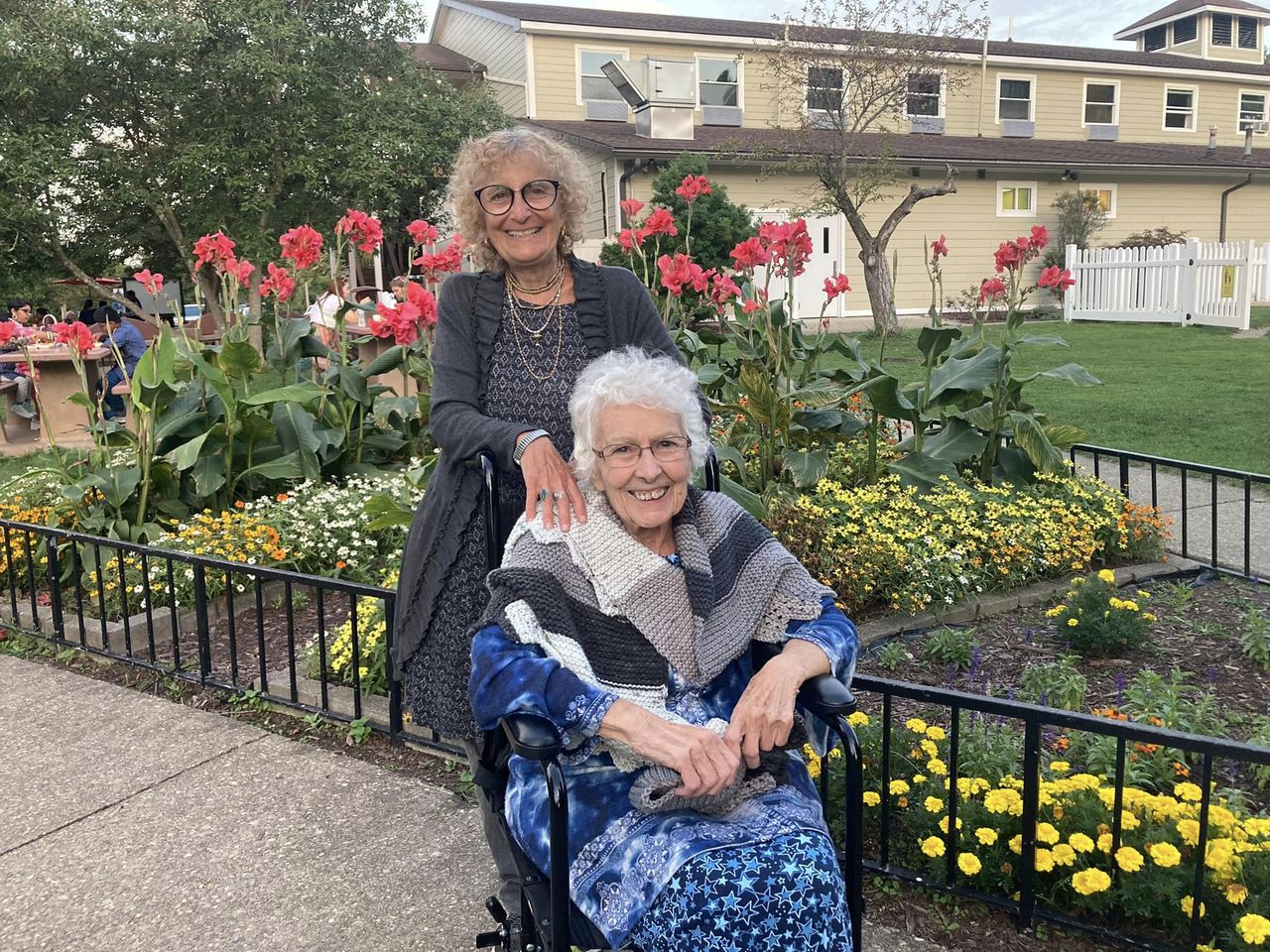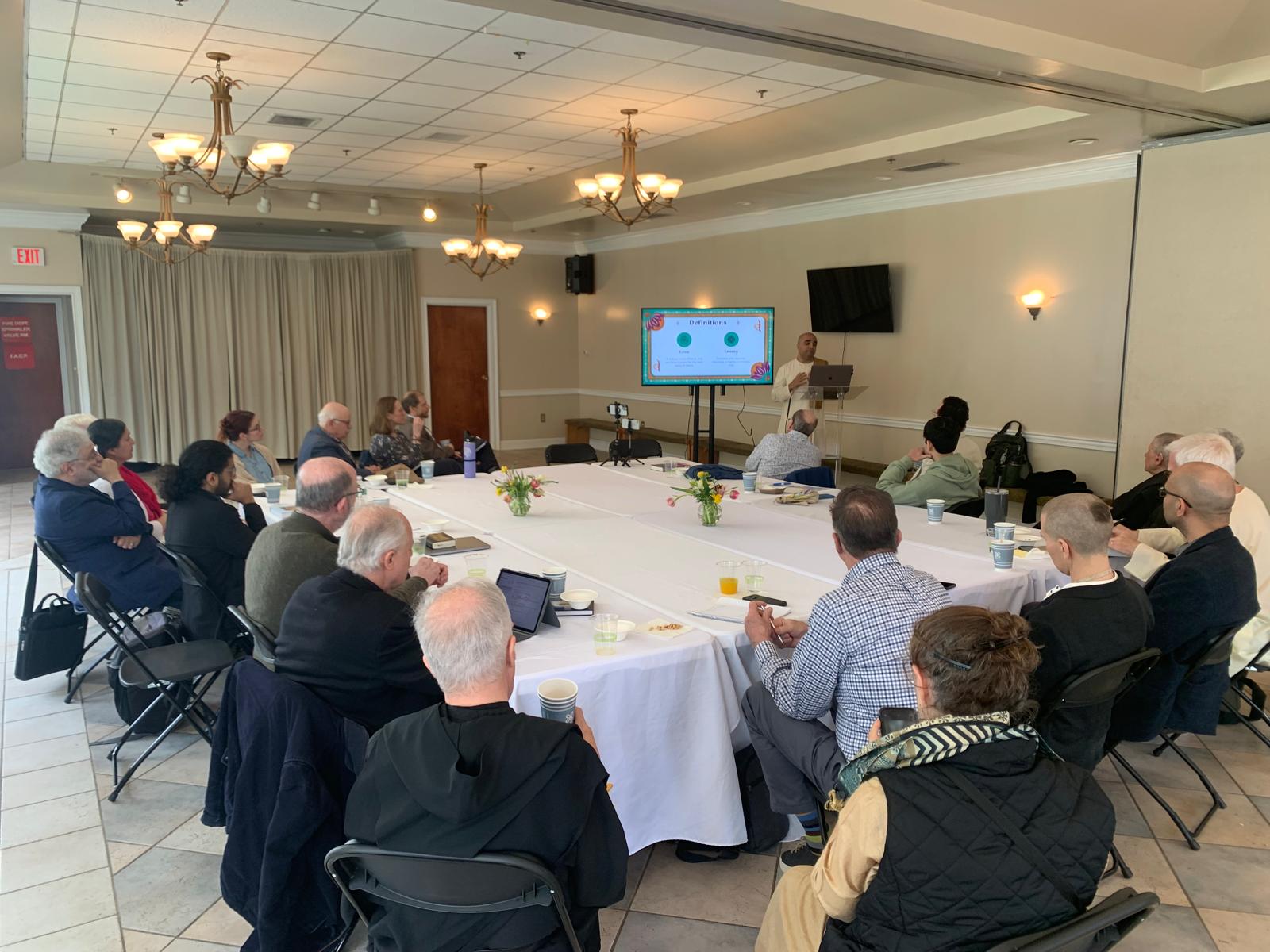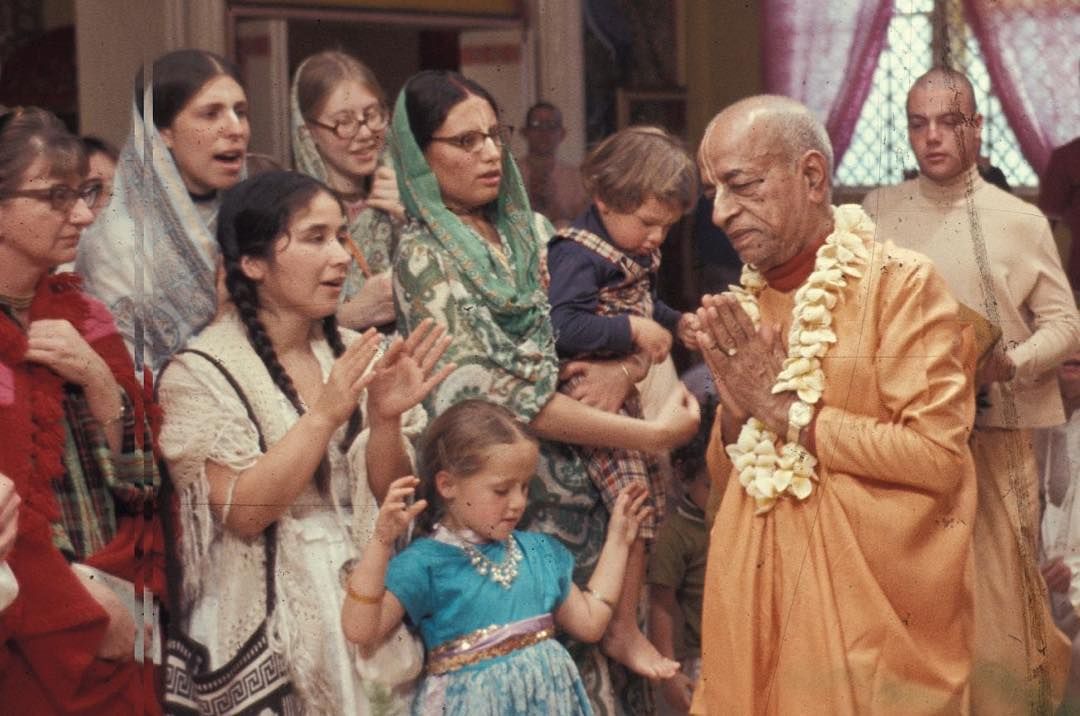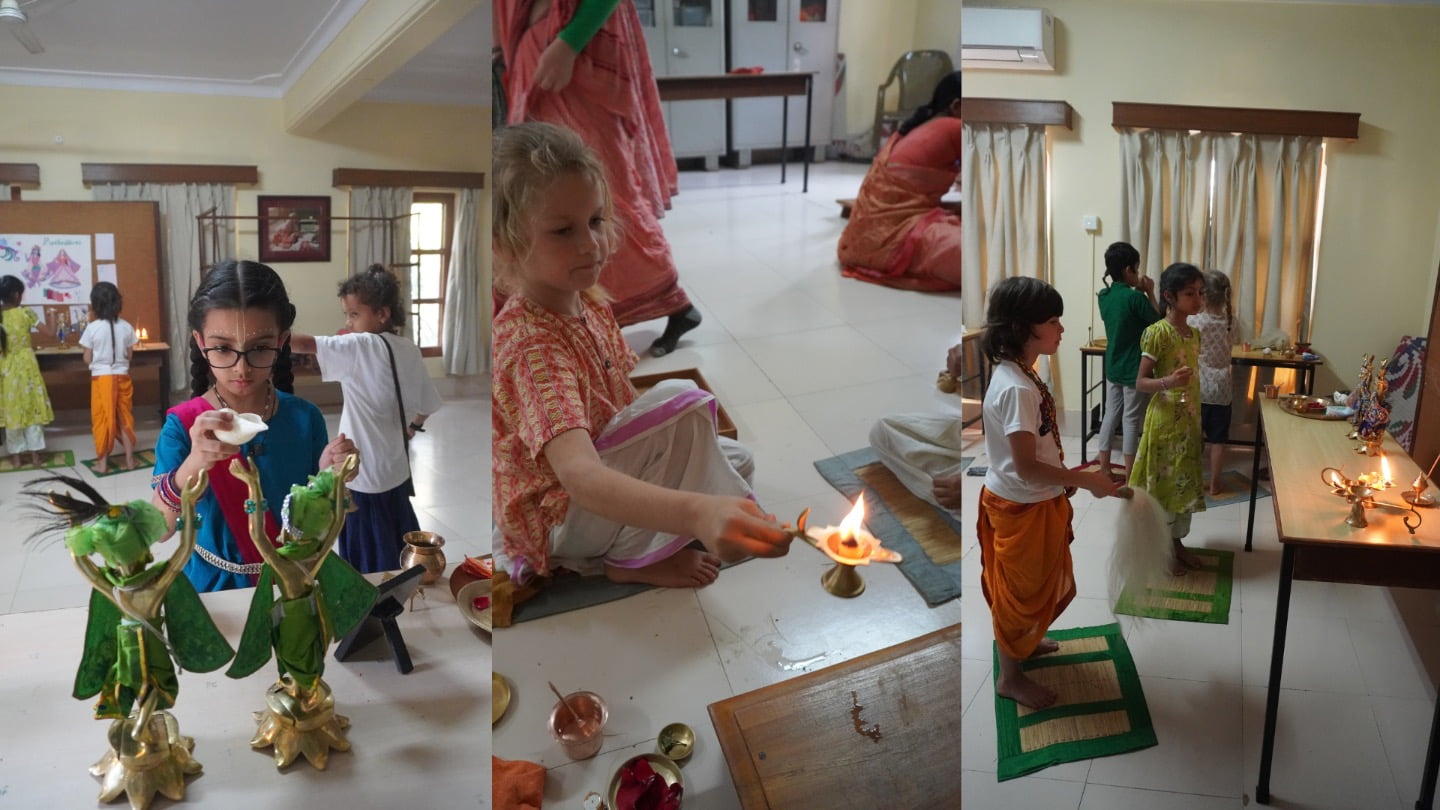As India’s Election Nears, Anti-Christian Violence Picks Up
By Paul Beckett and Krishna Pokharel | Sep 27, 2008

NEW DELHI — Anti-Christian violence that started in a remote corner of eastern India last month is breaking out in other states and is expected to spread further ahead of nationwide elections to be held in the next few months.
In the past week in Karnataka, the southern Indian state that is home to India’s high-technology capital of Bangalore, at least 17 attacks have been reported on churches and prayer halls, according to local Christian groups, independent monitors and police.
The incidents chiefly involved damage to property by Hindu extremists, but dozens of people have been injured both in the attacks and in clashes with police when protesters demonstrated against the violence. R. Sri Kumar, director general of the Karnataka state police, said 40 people have been arrested so far in connection with the attacks.
Christians, who make up roughly 2% of India’s 1.1 billion population, have periodically been the targets of violence by Hindu-extremist groups who oppose Christian missionaries and the conversion of Hindus. Christianity has proven popular among those on the lowest rungs of Hinduism’s caste hierarchy, in part because Christian groups often offer education and health care.
Christians and churches also have been targeted in Kerala in southern India, Madhya Pradesh in central India and Uttar Pradesh in the north.
The incidents follow attacks on Christians in the eastern state of Orissa starting last month that have left about 25 dead. The Orissa attacks were sparked after a Hindu-fundamentalist leader, Swami Laxmanananda Saraswati, was found dead in a temple. Orissa police have said they suspect Maoist rebels for the deaths, but Hindu-extremist groups blame Christian missionaries.
The violence has taken on a political tinge as India prepares for national elections that must be held before May.
The opposition Hindu nationalist Bharatiya Janata Party is viewed as ideologically aligned with the extremist Hindu groups, such as the Bajrang Dal, that minority groups and some other parties blame for stoking the violence. The BJP is part of the governing alliance in Orissa and came to power in Karnataka earlier this year.
The BJP and the Congress Party are India’s two main national parties. The current government is a Congress-led coalition. With inflation high and economic growth slowing, the election is expected to be close despite strong growth during the four years of the current government’s term. Neither party is likely to win an outright majority in the vote, forcing the winner to build a ruling coalition with smaller parties.
“The BJP has always fallen back on a strategy that polarizes people on communal lines to get what they imagine will be electoral gains,” said Jayanti Natarajan, a Congress spokeswoman.
Kalyan Singh, BJP national vice president, said the party doesn’t believe in sectarian agitation. “We condemn the violence in Orissa, but the main and deep root is the mass conversions by the Christian missionaries,” which the BJP opposes, he said.
Bajrang Dal is a militant youth wing of the Vishva Hindu Parishad, a Hindu-nationalist organization. Prakash Sharma, Bajrang Dal’s national head, said in an interview that the death of Mr. Saraswati in Orissa was “under the inspiration of the Christian missionaries and converts.” He said that as a result, “people all over India are responding spontaneously against them.” Asked if he could cite evidence of Christian culpability for the death, he failed to do so.
He denied any involvement of Bajrang Dal in the riots against Christians in Orissa and Karnataka. A spokesman for Vishva Hindu Parishad said the “spontaneous reaction by the people against Christian conversions” is now happening across several states.
Bajrang Dal was formed in 1984 as a private army for political and religious leaders pushing to build a Hindu temple at a controversial site in Uttar Pradesh. The effort culminated in the 1992 demolition of a 16th-century mosque that Hindu nationalists believed encroached on the birthplace of one of their gods. Bajrang Dal has more than 500,000 active members throughout India.
Christian officials said that in the charged pre-election atmosphere, they expect the number of attacks to escalate. “There seems to be a method in the madness in the way these militant organizations are working,” said Adolf Washington, a spokesman for the Catholic Archdiocese of Bangalore.





